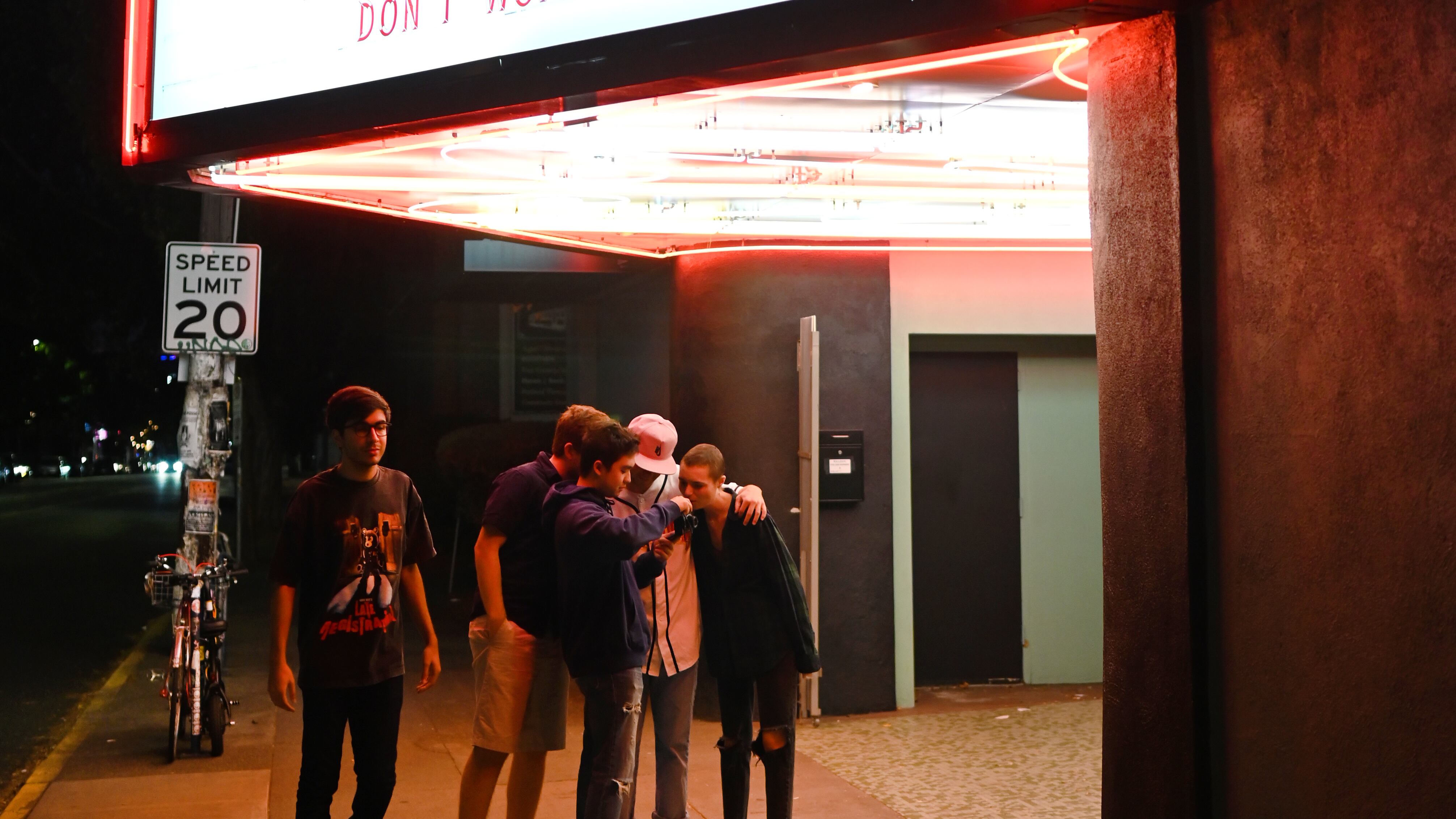In recent years, it’s been well documented that the movie theater industry is struggling, fighting battles on many fronts. The pandemic hit this business hard, among so many others.
2022 saw an uptick in sales, propelled by such blockbusters as Top Gun: Maverick. It was enough to suggest that Eric Wold of B. Riley Securities wasn’t crazy when he rated the stock of major national chain Cinemark (which operates several Century Theaters in the Portland area) as “buy” and predicted that by 2023 theater attendance would return to 2019 levels (that was a record-setting year, thanks largely to Avengers: Endgame, which grossed more than $2 billion worldwide).
Elsewhere in the industry, Regal Cinemas, which controls the lion’s share of the Portland multiplex market, has seen its parent company, Cineworld, go into Chapter 11 bankruptcy. Talks have taken place with Canada’s Cineplex and American rival AMC about potential buyouts, but negotiations have stalled.
From an outside business perspective, theater consultant Doug Darrow told Fast Company, “The U.S. is the most screened country in the world….Can we as an industry still maintain that number of movie theaters? Probably not.”
Meanwhile, Portland holds no shortage of small, independent cinemas outside the chains. If Regal were to shut down and take so much of the region’s cinematic real estate with it, what kinds of ripple effects would local theaters feel?
Aaron Colter, one of the owners of the Clinton Street Theater (famous as a weekly venue for The Rocky Horror Picture Show), takes an optimistic view of matters: “We took over operations in April 2022….There have definitely been some leaner months, but we’re optimistic that audiences will continue to support us and other local theaters due to our unique programming.”
On the subject of national chain issues, Colter says it is beyond his knowledge, but he brings the subject back to the independent theater scene: “Outside of Los Angeles and New York, there’s no other place in America that has so many well-respected, independent theaters….We shouldn’t take that for granted.”
Independent theaters do have a strong presence in Portland, and each has its own style. The Clinton, in addition to its weekly Rocky Horror screenings, frequently features a diverse array of shows and fundraisers on its calendar. The Laurelhurst Theater shows first-run movies on its four screens and presents a vibrant art deco face to the world. Out in Gresham, the Mt. Hood Theater features one movie at a time, in a cavernous cinema with seating for hundreds.
These independent theaters also have one key advantage over larger chains: Simplified operations mean lower costs overall. The Laurelhurst charges $9 for general admission and the Clinton charges $8 for most films (an exception being 11 pm Rocky Horror tickets at $10). Adult nonmatinee tickets typically start at $13 for Regal and $12 for Cinemark.
If Cineworld’s bankruptcy does lead to Regal’s demise, it would surely be one of the fastest ways Doug Darrow’s prediction of too many screens could come to pass, especially in this region. Regal operates 15 Oregon theaters from Portland to Salem, plus four in Vancouver.
In September 2022, Regal Sherwood closed. Theoretically, if more Regal Cinemas were to shutter, independent owners could take over and refurbish some of them, even expanding their own operations (which would be an ironic twist after Regal accrued growth in the late ‘90s by consolidating with other, smaller chains).
There is something for everyone at Portland’s independent movie theaters—and there is something for everyone at the major multiplexes too. Despite the general downturn in the industry and the bankruptcy proceedings at Cineworld, there remains no shortage of cinematic locales for the denizens of the region to enjoy.
It’s all relatively status quo for now, but the entertainment industry in general never stands pat. It’s now a question of not if, but when, a sea change will come—and what it will look like.
